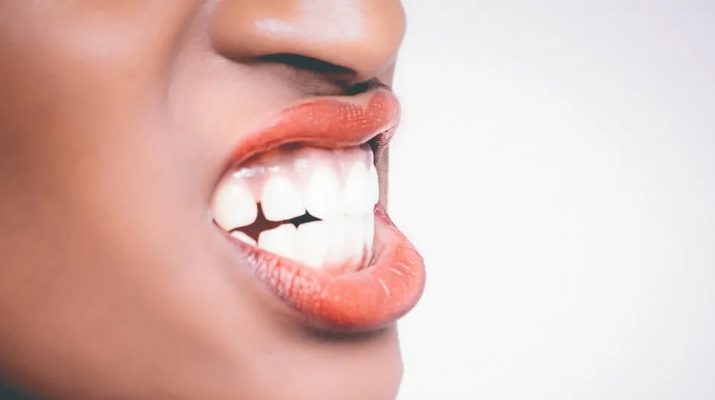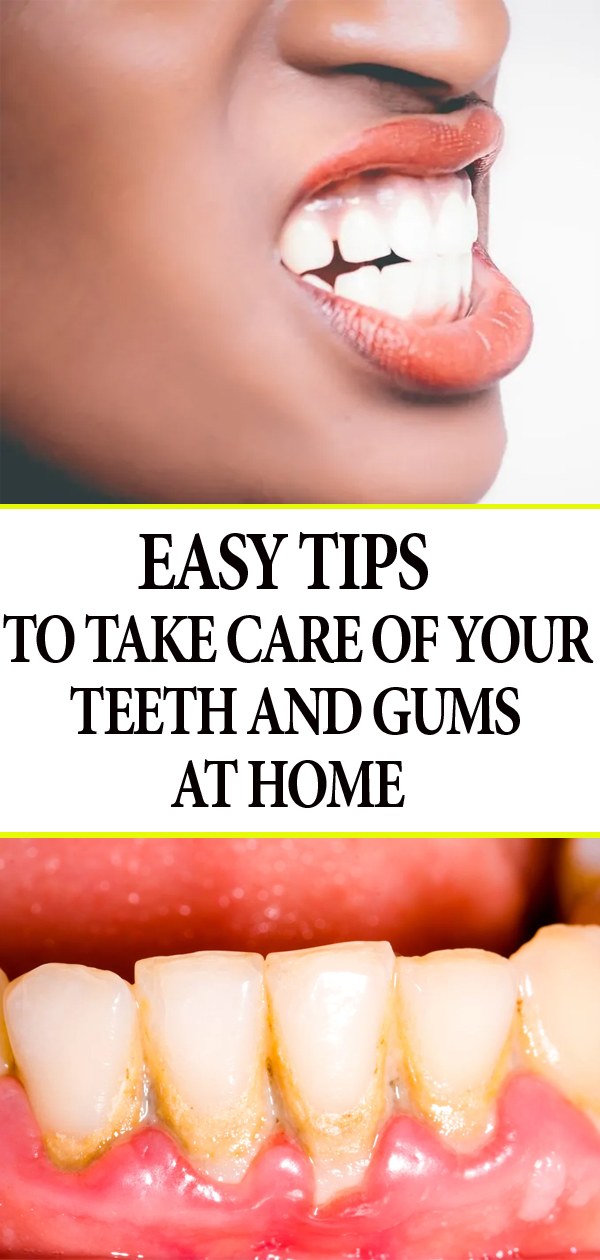Taking care of your teeth is the most important way of prevention you can adopt for yourself. When you succumb to poor oral health, it can result in facial pain, mouth infections, gum disease, and other health problems. These health problems can include stroke, kidney disease, oral cancer, heart disease, diabetes, and irritable bowel syndrome.
The ADA deduces that close to fifty percent of Americans do not go to the dentist. The reason could be fueled by money, fear or belief that they have healthy mouths. What you do not know is that your entire body involves the health of your mouth.
For your mouth to remain healthy, your body requires minerals and vitamins that are fat soluble. The minerals and vitamins produce saliva and support the body. The saliva is more abundant in mineral content; therefore, it protects the teeth.
However, for the saliva to work efficiently there has to be a sufficient supply of nutrients in your body. Eating a balanced diet will also give you the needed nutrients required by the body to maintain proper teeth care. Additionally, you can use the natural methods listed below to maintain your oral health at home.
1. Oil Pulling
This is an ancient Ayurvedic technique that has been used for centuries to keep the mouth healthy. The oils used are sesame and coconut oil. These oils have antibacterial properties that will maintain your oral health.
Another additional advantage of oil pulling is the fact that it whitens your teeth. Thus, use the method of oil pulling early in the morning. Put one tablespoon of coconut or sesame oil in your mouth.
Swish the oil in your mouth for about ten to twenty minutes. You can then spit the mixture in the sink. Make sure that you avoid swallowing the oil.
After spitting, rinse your mouth using warm water and follow your brushing routine as usual. Oil pull daily every morning on an empty stomach. Since it can be hard to swish the oil for the twenty minute periods when you first start, you can build up as you get used to the process.
2. Using Herbs And Spices
Herbs and spices have been used for many years to clean the mouth as well as to create fresh breath in the mouth. This is because many herbs have antibacterial properties that prevent infection from affecting your tooth and gums. Apart from oral health, herbs and spices can also alleviate pain.
Sucking on an entire clove, for instance, will reduce the amount of toothache you are experiencing. If your gums are inflamed, you can use Aloe Vera gel in small quantities to reduce the level of inflammation. However, remember that the taste of natural Aloe Vera is bitter.
Turmeric has also been known to maintain oral cleanliness and health. Its antibacterial and anti-inflammatory properties will ensure that you do not get any infections. Make a turmeric paste using a quarter teaspoon of turmeric and water and brush your teeth a few times in a week.
Turmeric will also help to prevent gingivitis and control plague. In a study that was done in 2011, two essential compounds were found in licorice. These compounds can kill the bacteria in the mouth that is responsible for gum disease and tooth decay.
The study was published in the American Chemical Society’s Journal of Natural Products. Therefore, to remove the tartar and plaque in your mouth you may use a soft licorice stick as a toothbrush substitute.
3. Drinking Water
On average, one American will drink one cup and a half of water daily. To maintain hydration in your body, you need up to eight-ounce cups of water in a day. Therefore, if you find that you are often thirsty, it means that you are already dehydrated.
Apart from hydrating your body, water washes away the food and bacteria that is left in your mouth. Saliva is also made from water. In turn, saliva prevents the erosion of tooth enamel and weak teeth by neutralizing the acidity in your mouth.
Hence, try and adopt the habit of swishing water or rinsing your mouth after you have a meal. The water will remove the bits of food that are left in your mouth and speed up the process of remineralization.
4. Chewing Xylitol Gum
Bacteria growth is very favorable in the sugar alcohol that is found in Xylitol. However, they cannot break down this compound. Therefore, they starve to death when they try to feed on Xylitol.
As a result, when you chew Xylitol gum, tooth decay and gum disease are successfully reduced in your mouth. Chewing Xylitol gum also encourages the production of saliva. Increased saliva increases the amount of antibacterial needed for oral health in the mouth.
5. Brushing Teeth
Every dentist will tell you that brushing is an essential oral care routine. Additionally, it is crucial for the overall health of your mouth. Ensure that you engage in brushing at least twice a day for about two minutes.
You should start your brushing routine at the back of your mouth. Brush in a circular motion from the gums so that you can loosen the food debris and plaque that has built up on your gum line. Also, ensure that you brush on the backside of your teeth.
The indentations at the biting surface can have settled food, hence; brush these areas as well to loosen any food particles. The inside of the cheeks and the tongue are also sensitive parts of the mouth that should be brushed as part of the routine to promote fresh breath. You can even make your toothpaste to make the no fluoride paste safe for your children.
Also, you can use mouthwash to reduce plaque, tartar, and gingivitis. You can make your mouthwash by mixing a half a cup of filtered water, two teaspoons of baking soda, and three peppermint essential oil drops and two tea tree oil drops in a glass jar. Then use three teaspoons of the mixture shaken well for a minute or two to clean your mouth.
6. Flossing
Over the years, you have heard continuously how vital flossing is for teeth care. However, many people still overlook the task, and if they do it, they do not do it correctly. Evidence shows that flossing might not prevent the occurrence of gum disease.
Regardless, the risks associated with flossing are less compared to the benefits. You can use unwaxed floss since it is a natural floss that will get between your teeth and below the gum line. This is the region where bacteria, plague, and food particles are commonly found in the mouth.
To floss correctly, cut a length of floss that is enough to wrap around your fingers while leaving room to hold. Move it in an up and down motion and curve the base of each tooth in a c-shape so that you can work the floss below the gum line. Every time you move from one tooth to another use a part of the strand that is clean.
7. Using A Tongue Scraper
The best type of tongue scraper you can buy for your teeth care is a stainless steel one. They are easy to clean, and you can find them online. The work of the tongue scraper is to reduce the amount of bacteria growth on your tongue.
Reduced bacteria growth reduces the amount of bad breath in your mouth. Fewer bacteria in your mouth also reduce the chance that you can have tooth decay, gum disease, tooth loss, and other oral problems. You should also tongue scrap your tongue in the morning.
Use a mirror to watch what you are doing. The tongue scraper should be at the back of your tongue when you start. Pull it to the front part of your tongue and throw away the buildup.
You should repeat the process two times. Ensure that you are gentle on your tongue. It can be easy to hurt your taste buds if you are rough.
8. Drinking Herbal Tea
It is probably common for green, white, herbal, and red tea to be consumed in your house after dinner. These teas are typically used as cleansers. What you do not know is that they also offer the advantage of preventing the growth of plaque in your mouth.
9. Herbal Breath Fresheners
There are different types of herbs that you can also use to keep your mouth fresh. You can consider using mint or parsley leaves. These leaves will leave your mouth smelling clean.
Also, you can rub the peel of an orange on your teeth. The orange peel will help to fight the growth of tartar while at the same time it will make your tooth white. Additionally, when garlic is mixed in a solution of two tablespoons of apple cider vinegar and one cup of water stored in a glass jar, the mixture, shaken before use, can be used to rinse your mouth every two to three days to keep it fresh.
10. Supplements
Teeth care can also be accomplished naturally with the use of other supplements. Minerals, for instance, are very crucial for your overall oral health. Your diet might also be enough, but you might be lacking certain nutrients that are needed to keep your mouth healthy.
Therefore, supplements can fill this gap. You can add magnesium, cod liver oil, gelatin, and vitamins A, K, D, and C to your diet. However, ensure that your doctor has authorized the use of these supplements before you use them.
Final Thoughts On Caring For Your Teeth
While these natural methods are useful, they should not be used as substitutes for your standard oral care. Also, consult your doctor in case you are bleeding and experiencing pain or sensitivity instead of using natural remedies for these health issues.


